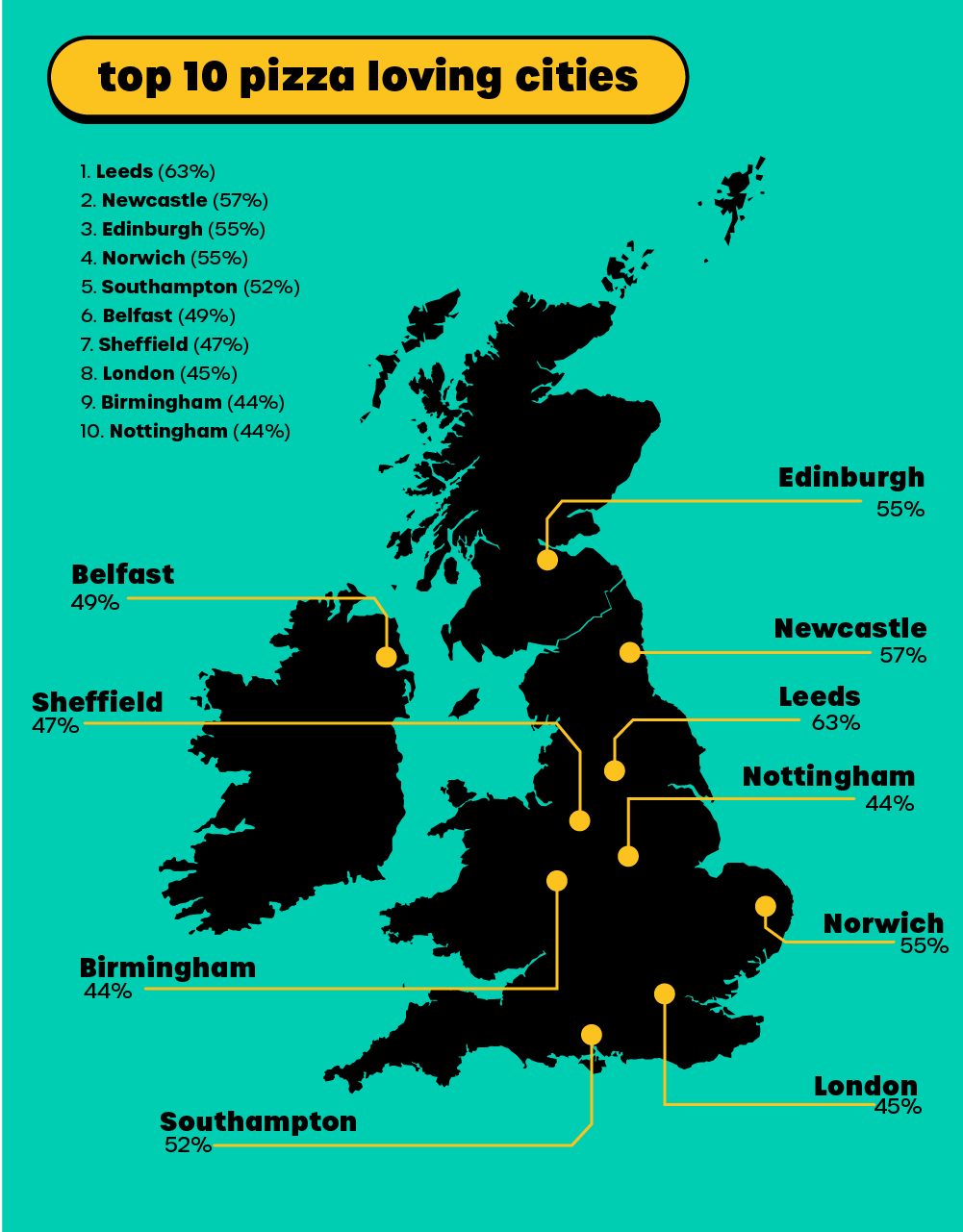The UK could meet all its energy needs using only wind and solar power, according to number-crunching boffins at Oxford Uni.
In a new paper, the eggheads claim they’ve done the maths that shows wind and sunshine could provide nearly 3,000 terawatt-hours per year – way more than enough for lights, heating, transport and Boris Johnson’s hairdryer.
“This is a question of ambition rather than technical feasibility,” insists lead author Dr Brian O’Callaghan. “The UK is already lagging in the global green race. Instead of hitting reverse, we should be turbocharging on renewables with US-style incentives and gearing up our grid for the surge that is already underway.”
Right now, wind and solar provide just a fraction of UK power. But the Oxford study says that needs to change, fast. The Oxford paper is titled “A Techno-Economic Analysis of 100% Renewable Electricity Systems in the UK” and was published in the journal Energy Policy.
The paper estimates that the total cost of building and operating a 100% renewable electricity system in the UK would be £75 billion per year, which is lower than the current cost of £81 billion per year for the existing fossil fuel-based system.
Offshore wind farms could produce over 2,000 TWh alone – enough for the whole country, they claim. Brits would barely notice, as most turbines would be over 25 miles out to sea.
Onshore wind could chip in 200 TWh, using less than 0.1 per cent of land. Rooftop solar on houses could add 25 TWh more.
The number-crunchers say problems like energy storage and grid upgrades are solvable with enough investment.
Fossil fuel fans say renewables are too expensive and unreliable. But the boffins hit back, saying costs have plunged while wind and solar technology has improved.
PM Rishi Sunak recently promised to slash red tape holding up renewable projects. The Oxford eggheads say he needs to go much further. The paper argues that the main barriers to achieving a 100% renewable electricity system are political rather than technical or economic. It calls for stronger policy support, such as carbon pricing, subsidies, feed-in tariffs, and public ownership of renewable assets.
“While it’s likely that nuclear power and other renewables will also have a part to play, our analysis finds that it’s entirely possible to power Great Britain on wind and solar alone,” said Professor Cameron Hepburn.
So can UK.gov get its act together? Or will wind and solar remain nothing but hot air for the boffins’ pie-in-the-sky visions? Only time will tell.


















